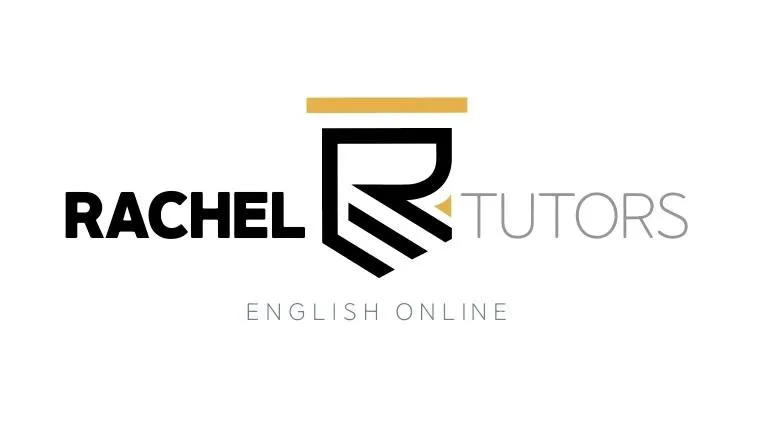Contact Us
Blog

Can Online Reading and Writing Tutoring Actually Be Fun for Teens?
Introduction
Think online reading and writing tutoring is all drills, worksheets, and monotony? It’s no wonder this myth persists. After all, reading and writing are often labeled as “boring” subjects in school.
But when done right, tutoring sessions in these areas can be exciting and creative and something students actually look forward to. Here’s how I make it happen.
Why This Myth Exists
Reading and writing get a bad rap for being dull, especially when taught in a traditional classroom setting. Parents and teens might assume that a tutoring session will feel like an extension of school:
A focus on strict assignments
Minimal room for creativity
A “get it done” mentality instead of genuine engagement
It’s easy to see why families worry tutoring will feel like more of the same. But the beauty of tutoring is that it doesn’t have to follow a rigid classroom approach. Instead, it can be flexible, personalized, and even fun.
How I Keep Tutoring Sessions Engaging
In my sessions, I prioritize making reading and writing relatable, interactive, and enjoyable for teens. Here are a few ways I keep my students engaged:
Giving them choices: Students select the books we read and the essay topics they write about. This lets them feel more invested in the material.
Creative approaches: I use creative writing prompts, ask students to put themselves in the shoes of characters, and even have them imagine what they’d do in the world of the book we’re reading.
Encouraging opinions: It’s not all about academic answers. We dive into students’ thoughts, feelings, and personal reactions to the stories we’re exploring.
Building excitement: Icebreaker questions start every session, and at the end of each book, students get to reflect on it. Would they recommend it? Who was their favorite character?
When students feel like they have a voice and their ideas matter, engagement comes naturally.
Examples of Fun Activities That Students Love
Not convinced? Here are just a few activities that students have enjoyed in my sessions:
Immersive scenarios: I ask students to imagine themselves in the story’s setting—how they’d act, what they’d feel, and how they’d react to key moments.
Creative writing challenges: Vocabulary practice becomes more engaging when students use new words in creative short stories.
Opinion-based discussions: Teens love sharing their thoughts about characters, plot twists, and their overall take on the book.
My goal is for students to learn something in each of our sessions but in a way that helps them enjoy the process at the same time!
Real Stories, Real Engagement
One student came to me disliking reading because nothing had ever clicked for him. After our first session, I recommended several books based on his interests. He chose one, and by the end, he was hooked, not just on the book but on reading in general!
Another student didn’t enjoy writing until she was prompted to share her opinions through her assignments. By focusing on what she had to say rather than just “doing the work,” she became excited about approaching writing in a new way.
These moments of connection and discovery are what make tutoring worthwhile.
What Parents Need to Know
Reading and writing tutoring doesn’t have to feel like extra homework. Because tutoring is flexible, it can adapt to each student’s personality and needs in ways that school often can’t.
I recognize that teens are already doing plenty of reading and writing in school. That’s why my sessions focus on making the process engaging, tailored, and interactive rather than just another item on their to-do list.
Final Thoughts
The idea that online reading and writing tutoring is boring couldn’t be further from the truth. With a personalized approach, creative activities, and plenty of opportunities for self-expression, tutoring becomes a space for exploration and growth, not just academic improvement.
If your teen needs support with reading and writing but also wants to enjoy the process, contact me today, and let’s see if we can make that happen.

